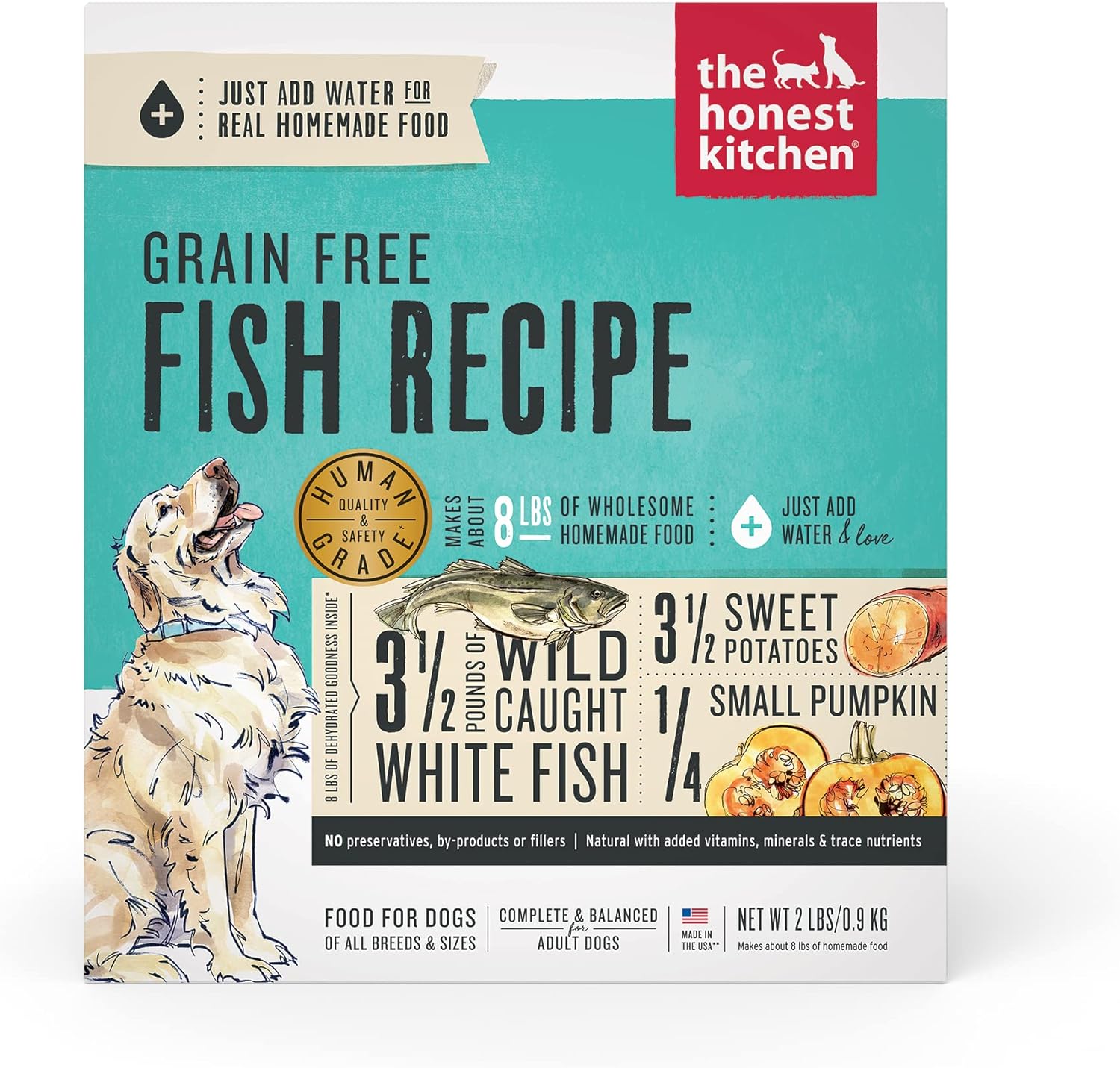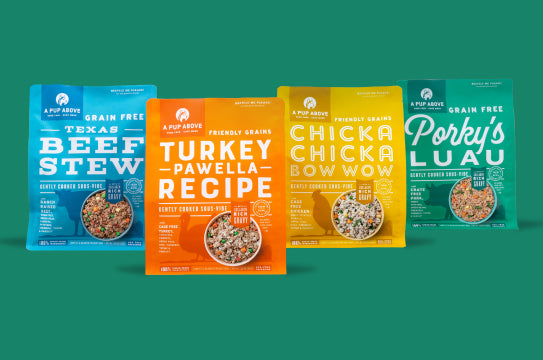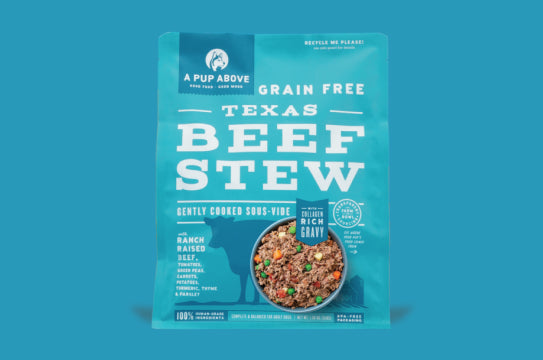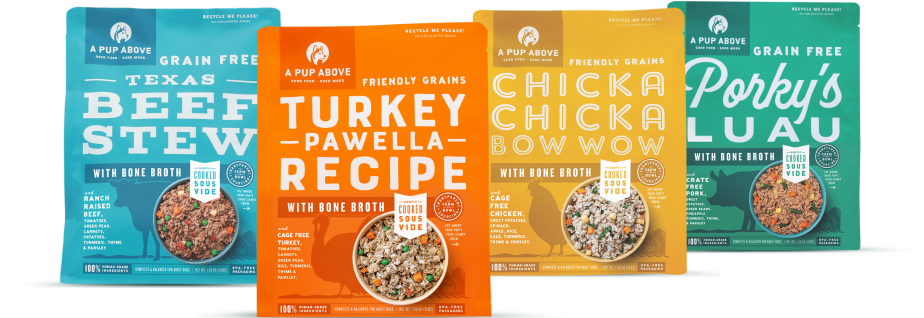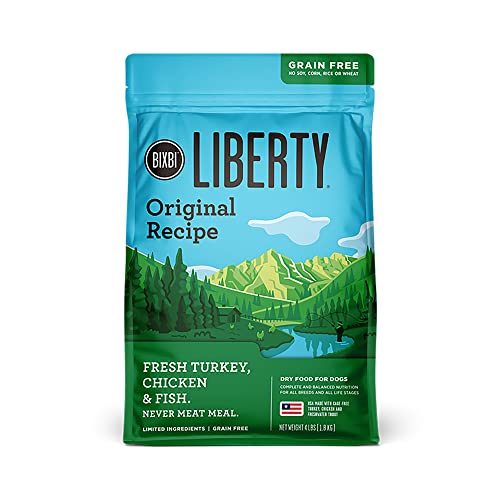Best Dog Food Without Fillers Or Preservatives

In an era where pet owners are increasingly conscious of their furry companions' well-being, the demand for wholesome, natural dog food is surging. Many seek options devoid of unnecessary fillers and artificial preservatives, aiming to provide their dogs with optimal nutrition and overall health.
This article delves into the world of dog food, exploring the landscape of filler-free and preservative-free options. It aims to equip pet owners with the knowledge to make informed decisions about their dogs' diets, ensuring they receive the best possible nourishment.
The Rise of Natural Dog Food
The growing awareness of potential health risks associated with artificial additives and low-quality ingredients has fueled the shift towards natural dog food. Fillers like corn, wheat, and soy, often used as inexpensive bulking agents, offer minimal nutritional value and can trigger allergies or digestive issues in some dogs.
Similarly, artificial preservatives such as BHA, BHT, and ethoxyquin have raised concerns due to their potential carcinogenic effects. Pet owners are actively seeking alternatives that prioritize whole, recognizable ingredients and natural preservation methods.
Decoding the Label: What to Look For
Navigating the complex world of dog food labels can be daunting. Understanding key ingredients and their roles is crucial for selecting a suitable option.
Look for labels that prominently feature real meat, poultry, or fish as the primary ingredient. This ensures that your dog receives adequate protein, essential for muscle development and overall health.
Avoid foods with excessive amounts of fillers, artificial colors, flavors, and preservatives. Opt for brands that list natural preservatives like vitamin E (tocopherols) or vitamin C (ascorbic acid).
Top Brands Offering Filler-Free and Preservative-Free Options
Several brands have emerged as leaders in the natural dog food market, committed to providing high-quality, minimally processed diets. These brands prioritize transparency, sourcing ethical ingredients and formulating recipes that meet the nutritional needs of dogs at all life stages.
Orijen and Acana, manufactured by Champion Petfoods, are renowned for their biologically appropriate diets, featuring high meat content and limited carbohydrate sources. They utilize fresh, regional ingredients and avoid artificial additives.
Taste of the Wild offers grain-free recipes inspired by ancestral diets, utilizing novel protein sources like bison and venison. Their formulas are free of corn, wheat, soy, and artificial colors or flavors.
Wellness CORE focuses on protein-rich, grain-free diets that support optimal health and energy. Their recipes are carefully crafted with whole foods and natural preservatives.
"We believe that dogs deserve the best possible nutrition, which is why we are committed to using only high-quality, natural ingredients in our formulas," says Dr. Sarah Miller, a veterinary nutritionist.
The Benefits of a Natural Diet
Switching to a filler-free and preservative-free dog food can offer numerous benefits for your canine companion. These benefits include improved digestion, reduced allergies, increased energy levels, and a healthier coat.
A diet rich in whole foods provides essential nutrients in their most bioavailable form, allowing the dog's body to absorb and utilize them efficiently. This can lead to a stronger immune system and improved overall vitality.
Many pet owners report a noticeable improvement in their dogs' skin and coat condition after transitioning to a natural diet. The absence of artificial additives can also alleviate digestive sensitivities and reduce the risk of allergic reactions.
Considerations Before Switching
While the benefits of natural dog food are evident, it's crucial to transition gradually to avoid digestive upset. Mix small amounts of the new food with the old, gradually increasing the proportion over several days.
Consult with your veterinarian before making any significant dietary changes, especially if your dog has underlying health conditions. A vet can help you determine the most appropriate diet based on your dog's age, breed, activity level, and individual needs.
Furthermore, be prepared for a potentially higher price point compared to conventional dog food. However, many pet owners believe that the long-term health benefits outweigh the initial cost.
The Long-Term Impact
The trend towards natural dog food reflects a broader shift in pet ownership, with owners viewing their dogs as integral members of the family. They are increasingly willing to invest in high-quality products that promote their well-being.
This demand is driving innovation in the pet food industry, encouraging manufacturers to develop more nutritious and sustainable options. The focus on transparency and ethical sourcing is also gaining momentum, empowering consumers to make responsible choices.
Ultimately, the shift towards filler-free and preservative-free dog food has the potential to improve the health and longevity of dogs, enhancing the bond between humans and their beloved companions.

